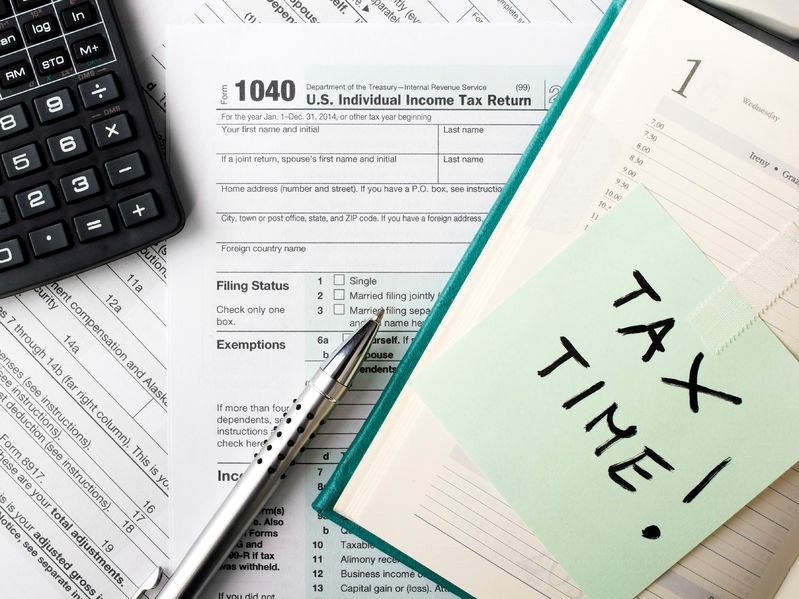The end of the year is about champagne and shindigs. All that is well and good but the harsh truth is you should probably be thinking of what’s to come.
And by that we mean (cue dramatic music) tax season. It’s no fun when it sneaks up on you in April so it’s best to get a jump on it, especially if you’re a freelancer, contractor, or you own your own small business. We’re not putting a ban on eggnog-fueled evenings, per se, but a bit of planning could take you a long way. Read on for five tips for the upcoming tax season.
1. Gather Your Documents Now
Although you likely won’t get any paperwork from your clients and companies until January, you can get a jump on organizing your financial records. Make sure you’ve got your prior tax paperwork, a profit and loss statement if applicable, and the history of your invoices. Even just having these all in the same place will help once the 1099’s and W-2s start rolling in.
If you still have issues with your 2016 taxes, get some help! The last thing you want to be doing is paying off penalties from last year right up until April. In addition, if you are part of the self-employed population that pays quarterly taxes, make sure to get in that last payment before the year ends. Not only will this help you avoid any IRS penalties but you’ll also be less likely to overspend on holiday gifts if you have given or are about to dole out a big chunk of change.
2. Deduct Away

Hopefully you’ve been mindful of your deductions before now. This is something you need to always be considering, especially if you are a small business owner. If you haven’t already, learn what you can and can’t deduct on your taxes. Keep the receipts in digital form so they can’t get harmed.
3. Maximize Retirement Contributions
This is more about wrapping up this year than it is for planning for next year’s tax season, but it’s vitally important nonetheless. If your employer offers a 401(k), make sure you contribute the maximum amount that you can before the year ends. This is particularly beneficial if your employer matches your contribution. If you don’t do this, you’re leaving tax-deferred funds on the table.
4. Reap Your Rewards in Tax Breaks
Much like #3, this is more about getting what’s coming to you than about planning for next year, but pennies saved are pennies earned. And the better you wrap up this year, the more likely you are to have things in line for the upcoming tax season. Make sure you get tax breaks where you can. Empty your closets, donate to a worthy charity, and get those tax deductions from your donations. It’s a win/win, as you are helping those in need while getting the opportunity to declutter and deduct.
If you, your spouse, or your dependents paid for higher education costs this year, you could be in for some tax savings. Whether you enlist the American opportunity credit, the tuition and fees deduction, or the lifetime learning credit, you will get money back. Make sure you know which applies to you, though, by checking the IRS’s Interactive Tax Assistant tool.
5. Arm Yourself with Tax Knowledge
Tax laws change all the time, and various acts are enforced that allow and alternatively take away certain deductions from year to year. Some of these changes will affect you positively and some negatively but if you don’t know what you’re doing, you could make filing errors and inadvertently lose money. As you’ve likely heard, the government is in the process of passing major tax reform, which could mean major changes in your future taxes, so make sure you stay abreast of these alterations.
As the adage goes, the only thing that is certain is death and taxes. Tax season approaches whether we want it to or not, so it’s better to be prepared. Follow these tips as you wrap up the year and you’ll be so glad you did come April.
